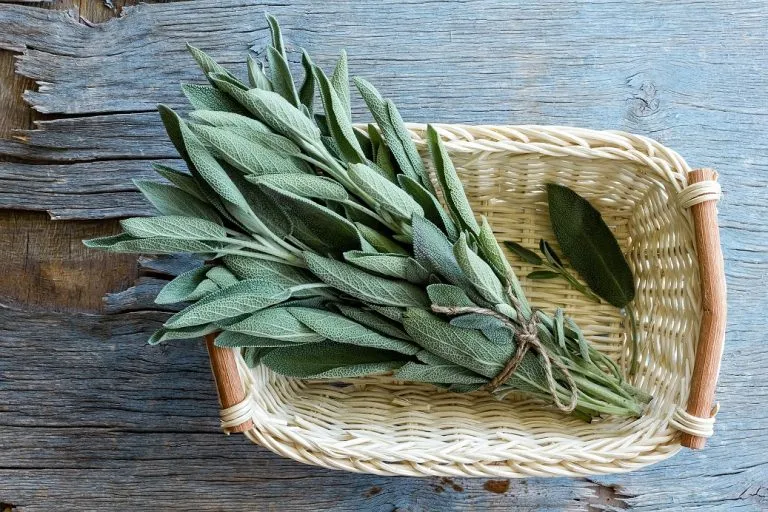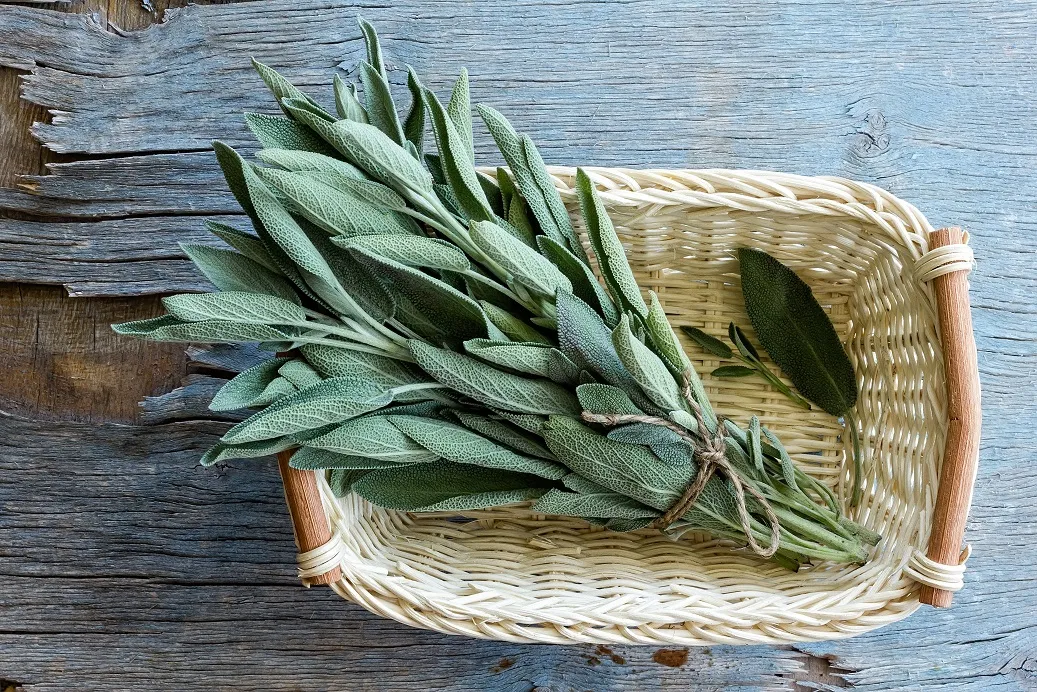Pregnancy is a special time, during which the use of many drugs and herbs is contraindicated. Sage is also included in this group by many gynecological societies. What are its properties and what can its use during pregnancy entail?
Sage- properties
Sage leaves are a rich source of tannins, phytoestrogens, carotene and B, A and C vitamins. They are also known for their antioxidant, antimicrobial, anti-inflammatory, and blood sugar and lipid-lowering properties. In its composition, sage also contains large amounts of essential oils, which are rich in substances such as camphor, bornel, cineole, thujone and pinene.
Sage-application
Due to its significant amount of natural components with antioxidant, anti-inflammatory, and microbial inhibitory effects, sage has found use in supporting the treatment of many diseases. The most popular is the use of sage solutions to rinse the mouth. This practice is particularly effective in all kinds of stomatitis, recurrent aphthae or thrush. Moreover, the use of sage infusions can bring tangible benefits to those struggling with heartburn and hyperacidity. It has also been found that regular intake of sage infusions can lower blood sugar levels, as well as “bad” cholesterol. It is worth remembering, however, that the use of such herbs should never replace the medications recommended by the doctor, but only support the healing process.
Sage in pregnancy-is it safe
Despite its positive effects on human health, the use of sage during pregnancy is contraindicated. All because of the essential oils it contains, which can have a toxic effect on the developing fetus, and in some cases, lead to miscarriage. Of course, for this to happen, sage would have to be taken regularly in certain amounts. Despite this, however, due to its potential adverse effects, experts unanimously advise against its use during pregnancy. The exception is to gargle the throat or mouth with an infusion of sage. It does not enter the body in this way, so it does not affect the developing child.
Other herbs in pregnancy
The use of herbs during pregnancy is still an unresolved issue. This is related to the fact that there are no objective studies that clearly define the effects of specific herbs on the pregnant woman and the development of the fetus. Nevertheless, a division has been created that informs which herbs are safe to use during pregnancy and which should be avoided during this period. It is also worth noting that many of the herbs mentioned may interact with medications used by pregnant women on a daily basis, so it is necessary to consult a gynecologist before using them.
Herbs relatively safe during pregnancy:
- Ginger
- Melissa
- Nettle
- Legalise
- Marigold
- Chamomile
- Mint
- Flaxseed
Herbs that are contraindicated in pregnancy:
- Yarrow
- Lovage
- Aloe vera
- Wormwood
- Mugwort
- Ginseng
- Savory garden
- Common juniper
Rate this article:












